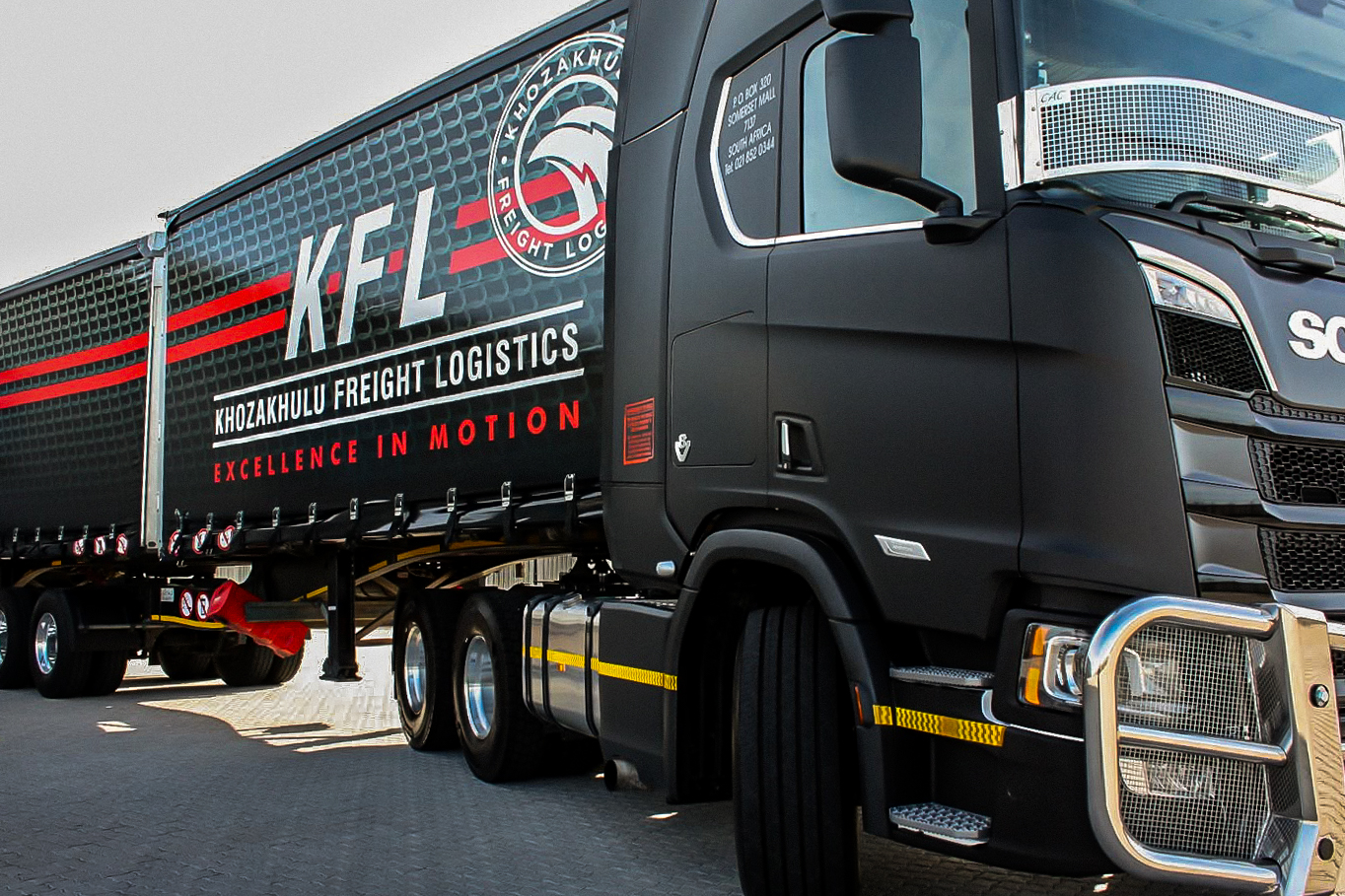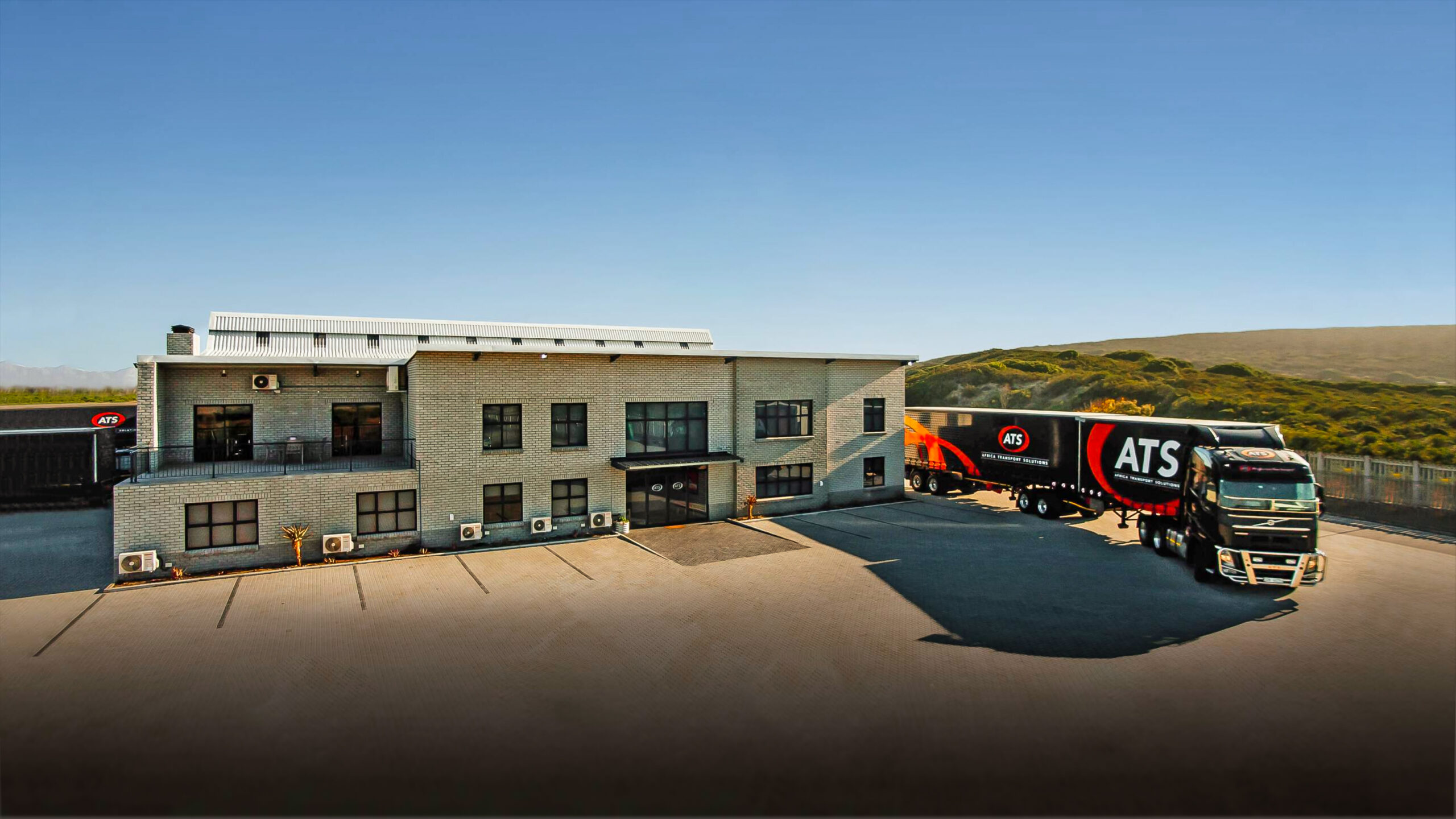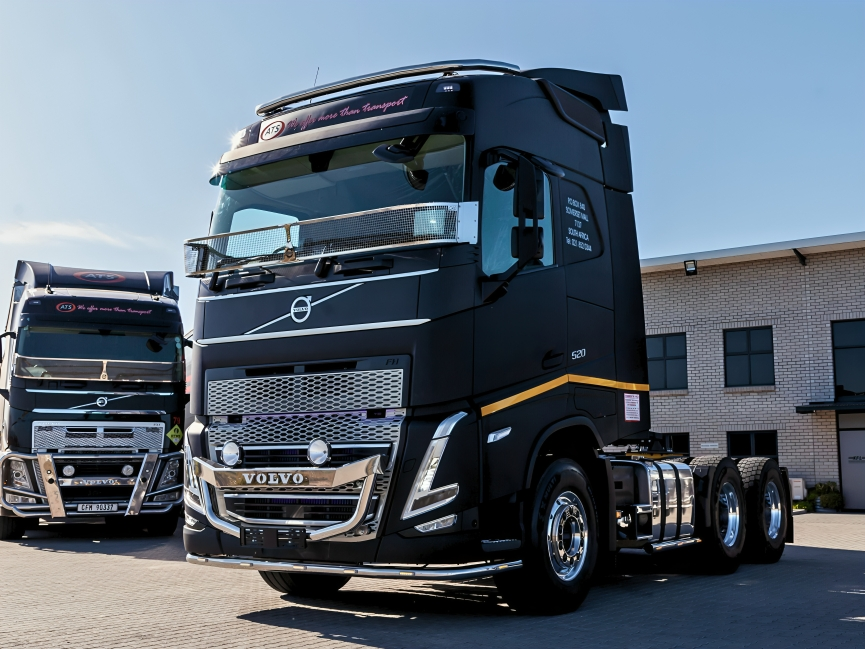
As supply chains grow more complex, businesses must move large volumes of goods quickly, consistently, and without failure. That’s why fleet-based delivery solutions are the backbone of reliable logistics operations in South Africa. By operating their own vehicles or contracted fleets, professional logistics companies offer scalable, fast-response transport services for industries ranging from retail and agriculture to construction and FMCG distribution. These solutions empower businesses to move more cargo, cover more ground, and maintain control over every shipment.
South Africa’s vast geography, with critical hubs like Johannesburg, Durban, and Cape Town, demands adaptable delivery strategies. With fleet-based logistics, companies don’t need to rely on ad-hoc haulers or third-party brokers who may not meet performance standards. Instead, they gain access to pre-maintained, GPS-tracked trucks ready to handle loads of any size. These fleets can handle everything from multi-stop routes to overnight express deliveries and scheduled B2B freight cycles.

No two businesses are the same, and neither are their transport needs. Fleet-based solutions offer tailored configurations—such as tautliners for general freight, flatbeds for construction materials, or refrigerated trucks for temperature-sensitive goods. Clients can request specific vehicle types, load capacities, and delivery protocols. Fleet teams align truck specifications with client requirements, ensuring safety, compliance, and efficiency at every turn.
Having consistent access to a trusted fleet ensures better delivery timelines, improved brand consistency, and fewer loading issues. Clients benefit from knowing exactly who’s moving their freight, which vehicle will arrive, and what level of service to expect. For recurring distribution contracts, dedicated fleets reduce reliance on external vendors and allow full control over performance.
Fleet-based logistics providers leverage technology to deliver transparency and control. Every vehicle is GPS-enabled, with live updates available to both dispatchers and clients. Logistics platforms provide tracking portals, ETA updates, route history, and digital POD uploads. These tools improve coordination between supply chain teams and build trust with end customers who demand delivery accuracy.
Fleet reliability depends on the quality of its people and equipment. Professional logistics firms invest in vehicle maintenance schedules, safety inspections, and ongoing driver training. This ensures that trucks stay roadworthy, compliant with traffic laws, and less prone to breakdowns. Trained drivers also understand cargo handling protocols, cross-border requirements, and delivery etiquette—essential for client-facing operations.

As business volumes rise, delivery demand intensifies. Fleet-based providers are built to scale, offering additional vehicles during peak seasons, launching new routes, or supporting expansion into cross-border markets. Fleet-based delivery solutions give businesses the agility to grow without compromising service levels. Whether servicing five clients or fifty, logistics providers ensure that freight gets where it needs to go—on time and in full.